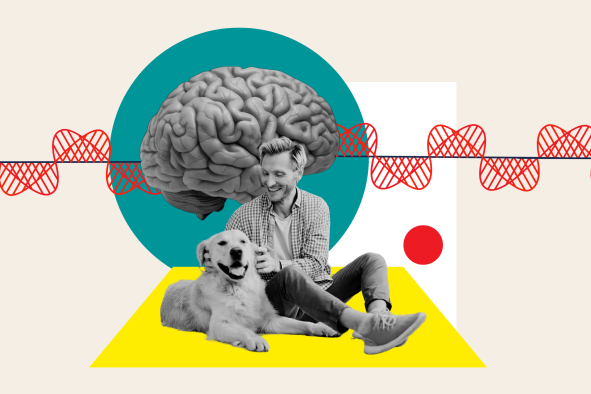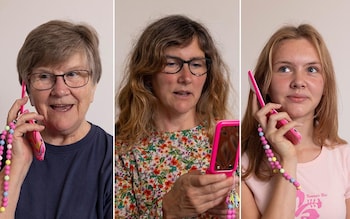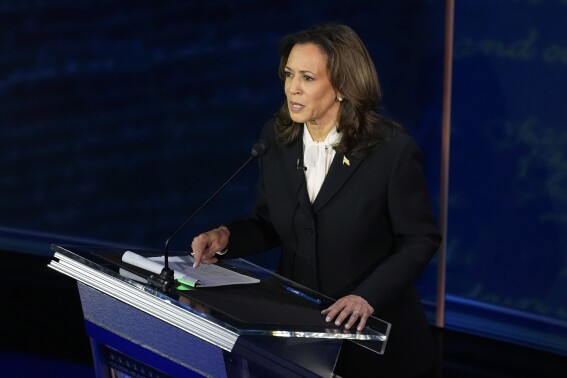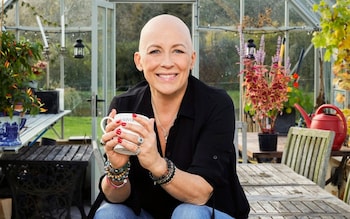Senior equine trainer Barzan gently held Sapphire, a young horse he's nurtured, while 27-year-old Hadia smiled as she stood beside a chestnut-colored foal. She placed one hand on the horse's back and softly stroked his neck with the other. Hadia and Barzan are both Yazidi, a Kurdish-speaking ethnic and religious minority. They also survived being captured by the Islamic State militant group. But Hadia's interactions with animals at the Horses for Hope project have helped her and other Yazidis affected by conflict and displacement to overcome their trauma.
Originally from Sinjar, Hadia's life—like those of some 400,000 Yazidis in northwestern Iraq—was torn apart when ISIS seized control of their district in August 2014. While women and children were enslaved by the extremists, many boys were forced to join their ranks as child soldiers or else be killed. The United Nations estimated that more than 5,000 Yazidis were killed and 7,000 girls and women were forced into sex slavery.
After Hadia fled Syria, where she had been held captive, in 2019, she settled in Shariya, a tent village near Mosul that is now home to 18,000 displaced Yazidis. An additional 20,000 live in tents haphazardly scattered around the village. Close by is the Horses for Hope ranch.
Hadia's stories of captivity and escape are harrowing. But over the past two-and-a-half years, under the leadership of trainer Barzan and director Daoud, Horses for Hope has helped approximately 4,000 people like her. With six horses, the project offers equine-assisted learning and psychological therapy to survivors of ISIS captivity, as well as orphans, youths at risk, people with physical and mental disabilities and others affected by war. The project also teaches discipline, patience and persistence, while building confidence, self-esteem and empathy.
"I don't know what it is about horses," said Lisa Miara, founder of Springs of Hope Foundation, the U.S. charity which runs the Horses for Hope project. "If you're uptight or nervous, the horse picks it up—horses are clever, they can sense your heartbeat. But how do horses break such a chain that it changes you? It beats me. It's like watching magic happen."
Understanding a horse's behavior and learning how to communicate with these naturally curious creatures takes time, so each first visit normally begins with feeding the ducks, Miara said. "When they come, they don't go near the horses at first," she explained. "They take care of the horses' food; they muck out and help with other tasks."
Establishing boundaries is a core principle of the program and a necessary safety measure around the horses. For many of the center's visitors, this is their first interaction with a horse and the experience makes them feel happy and comfortable, Daoud said. Visitors are taught how to understand the horses' body language and how to interact with them safely.
Next, they are shown how to lead a horse around the arena on foot. Despite her nerves, Hadia embraced the opportunity to walk alongside a sweet-natured dappled gray mare named Newroz, her confidence noticeably increasing with every step.
The final and most eagerly anticipated part of the program is learning how to ride. Hadia's smile revealed how quickly she had overcome her fear of being around such a large and unfamiliar animal; it was also clear to see how this experience can have a significant and profound impact. If nothing else, it offers momentary relief from the difficulties of everyday life in a region scarred by war.
"When you come near a horse, if you have any problems or you're upset about something, I think the horse gives you peace," said Daoud. "It works for me, and I see that when people come here and they get near the horses, it gives them peace too."
Request Reprint & Licensing Submit Correction View Editorial GuidelinesAbout the writer
Claire ThomasDisclaimer: The copyright of this article belongs to the original author. Reposting this article is solely for the purpose of information dissemination and does not constitute any investment advice. If there is any infringement, please contact us immediately. We will make corrections or deletions as necessary. Thank you.




